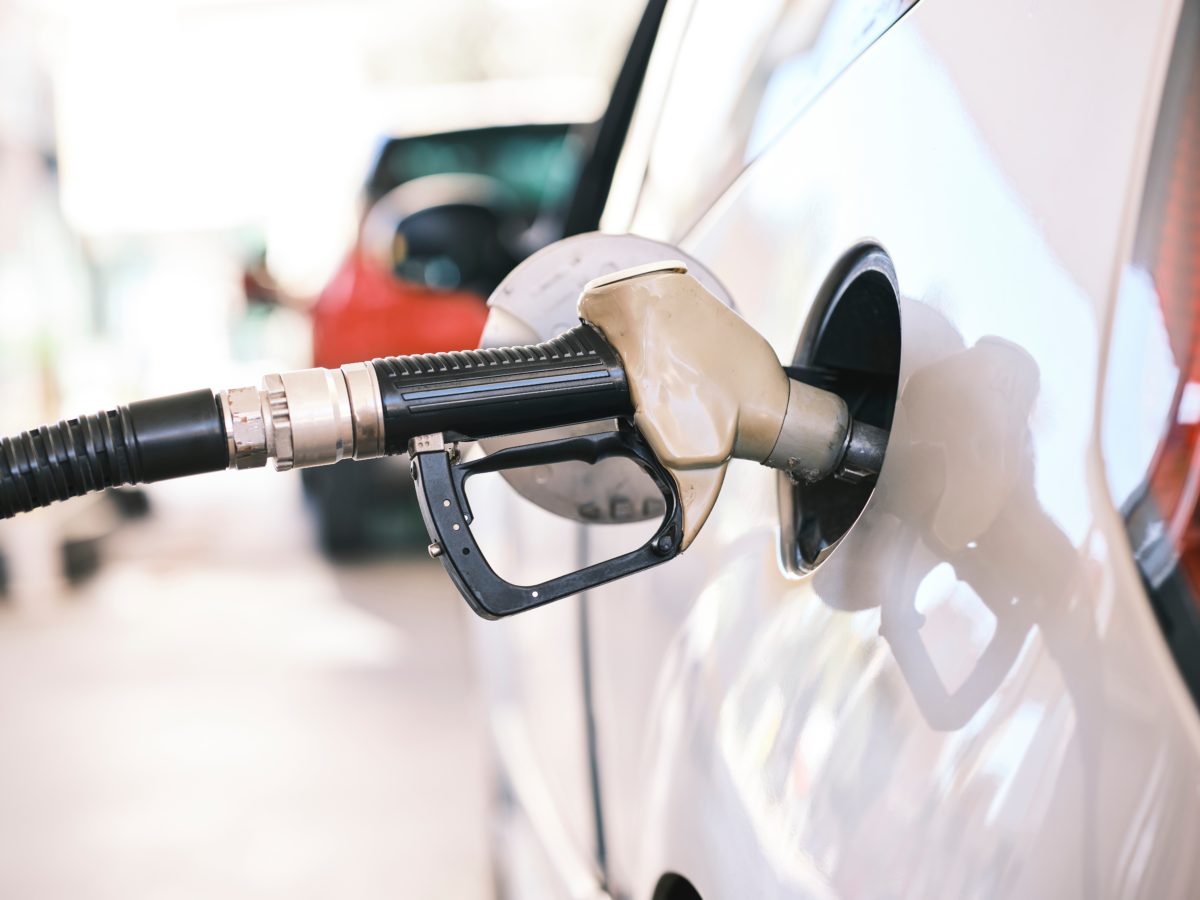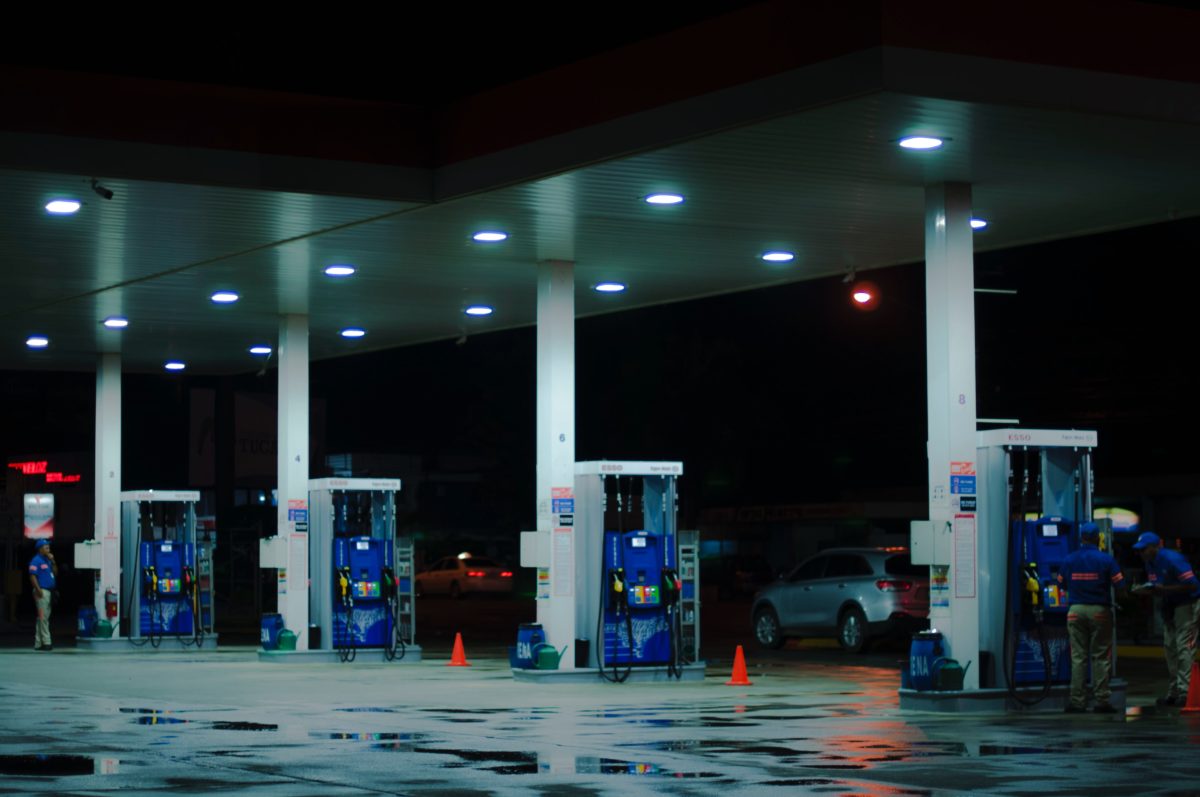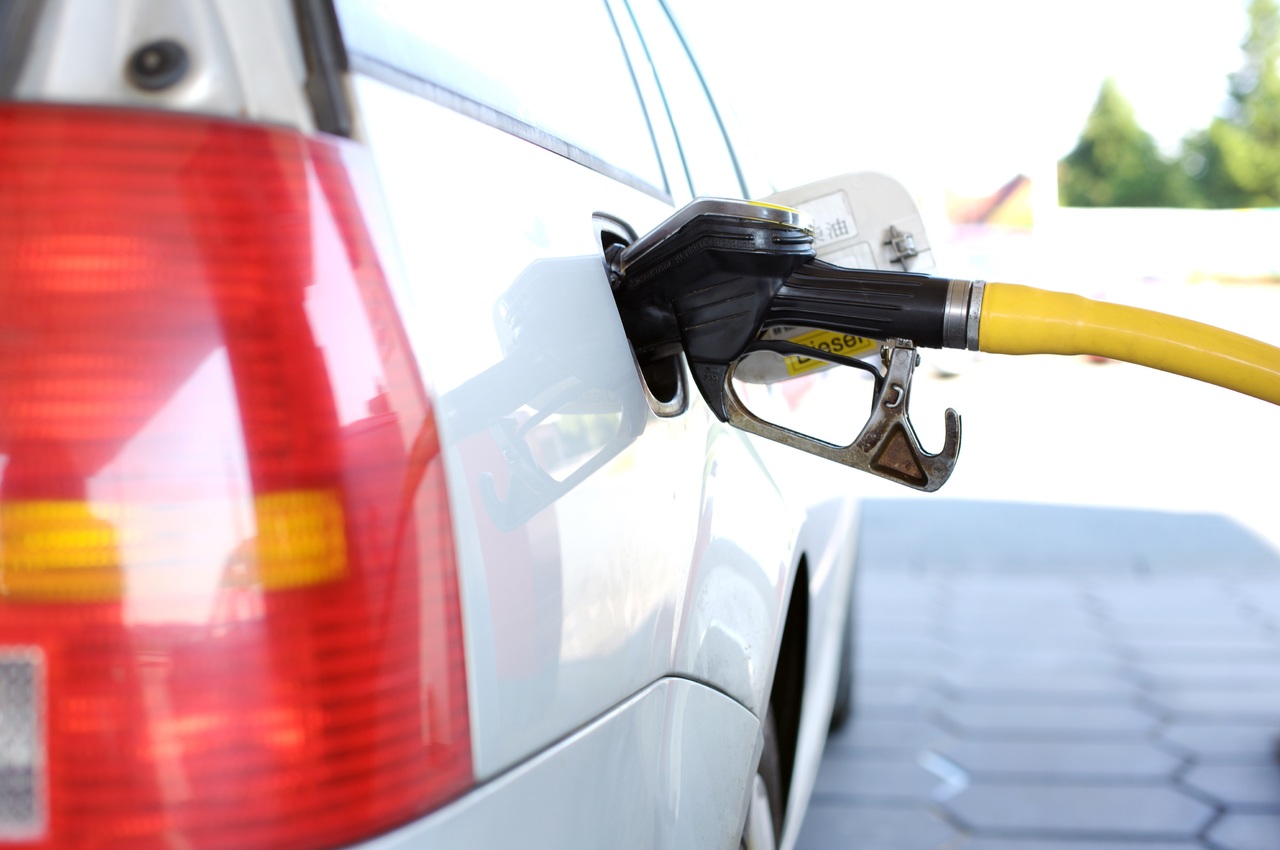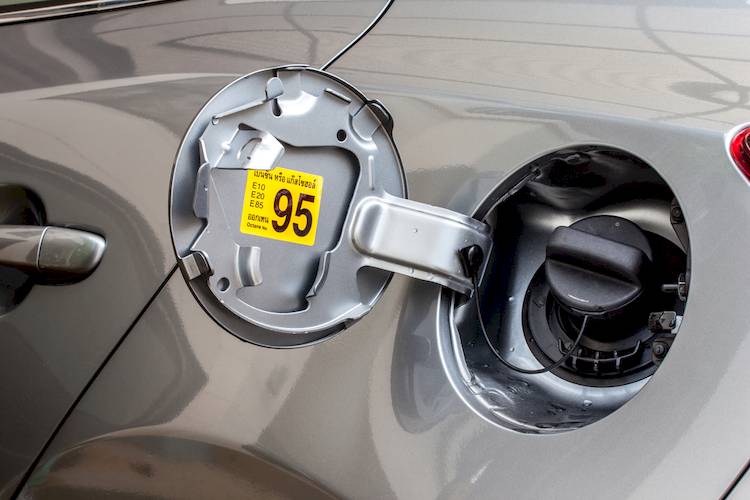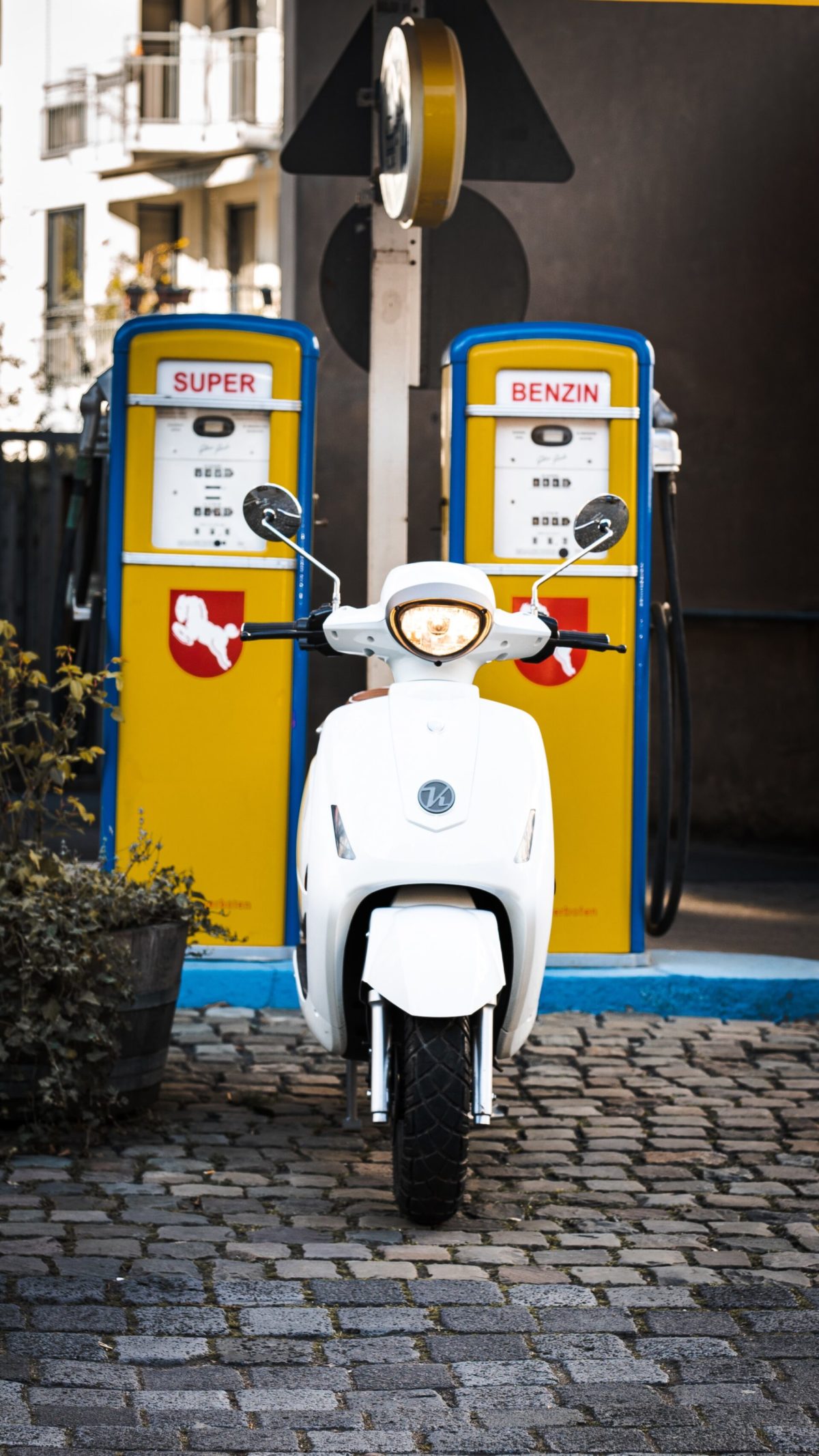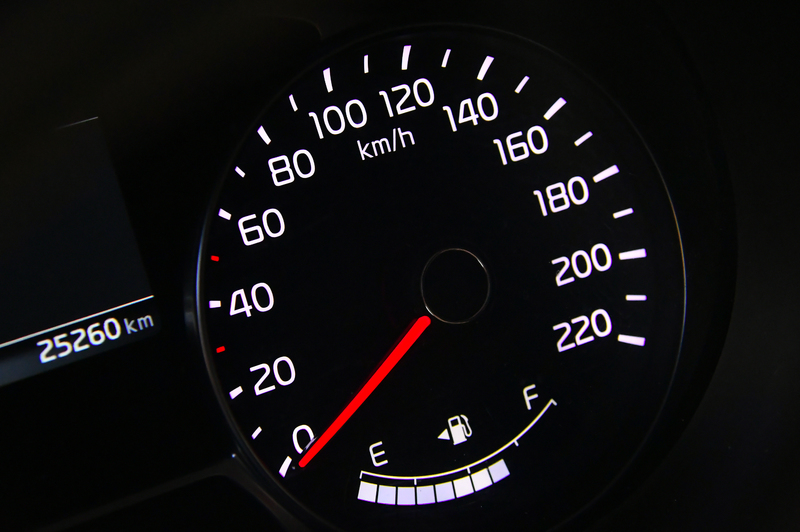AA Says Fuel Price Crises Needs To Be Addressed
By H&H Admin
Government needs to find a definitive solution to the ever-increasing fuel costs; and they need to do so quickly.
The Automobile Association (AA), says Government must act quickly to find ways to mitigate against rising fuel costs which are negatively impacting on all consumers in the country. One way to do this is through a review of the current fuel pricing model.
“Our economy is closely linked to the fuel price; it is a major input cost in the manufacturing, retailing and agricultural sectors. We have noted before that a review of the current structure of the fuel price, as well as an audit of all the elements which comprise the fuel price, should be done sooner rather than later. We therefore call on the Minister of Finance to initiate such a review during his Budget Speech on 23 February,” says the AA.

In addition, the Association again urges the Minister not to increase the fuel levies which are part of the fuel price.
“We know all too well of the economic challenges facing the country, and of the importance of the revenue raised through the two main levies. We are also aware that, as was the case last year, delivering a Budget in the current economic environment is tricky and difficult and that the pressure to ease government’s financial burden is immense. However, increasing the levels of the General Fuel and Road Accident levies will be counter-productive as this will impact mostly on the poorest of the poor,” says the Association.

The General Fuel Levy is currently pegged at R3.93 per litre (up from R3.77 in 2021) and the RAF levy at R2.18 per litres (up from R2.07 in 2021). Combined they add R6.11 to every litre of petrol and diesel sold in the country. Any adjustments announced by the Minister in the February Budget Speech are implemented annually in April.
Neighbouring countries who buy fuel directly from South Africa do not add these taxes to their fuel pricing, making their fuels cheaper than it is in the country which supplies them.
2021 saw fuel prices reach record levels and they are again touching those levels despite a decrease to fuel prices in January. The Association says any adjustments to the collection rates of these levies will have severe consequences for consumers and they should not be altered.
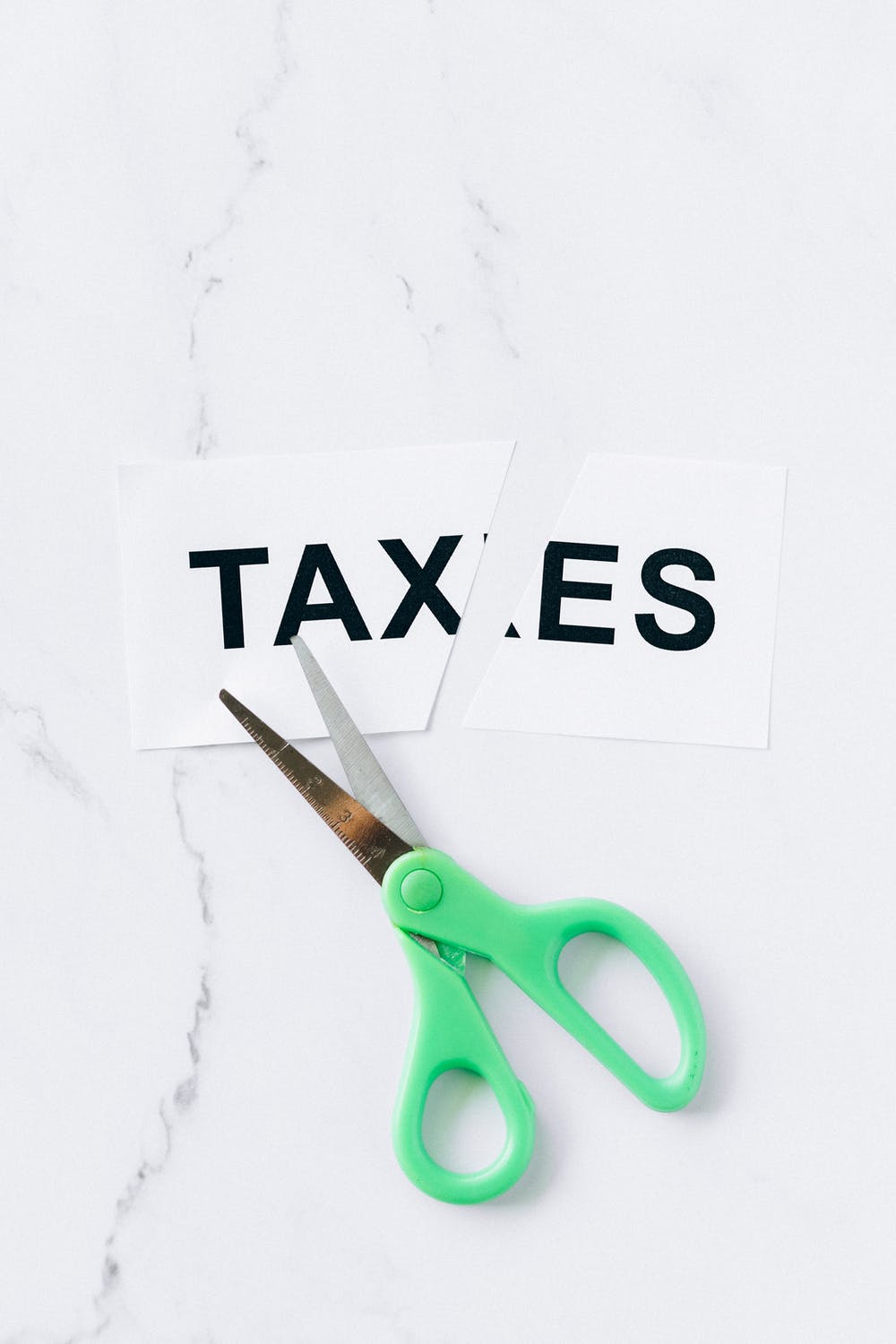
“Our country faces enormous and complex economic challenges. High fuel prices are adding to these challenges and instead of accepting the current model, we must seek solutions that benefit consumers, not place them in more financial distress. One immediate solution for us, for instance, is to review the funding of the poorly managed Road Accident Fund (RAF). Our reliance on the RAF is a direct result of South Africa’s poor road safety and that’s where more attention needs to be given for a long-term solution,” urges the AA.
Source: The Automobile Association of South Africa
